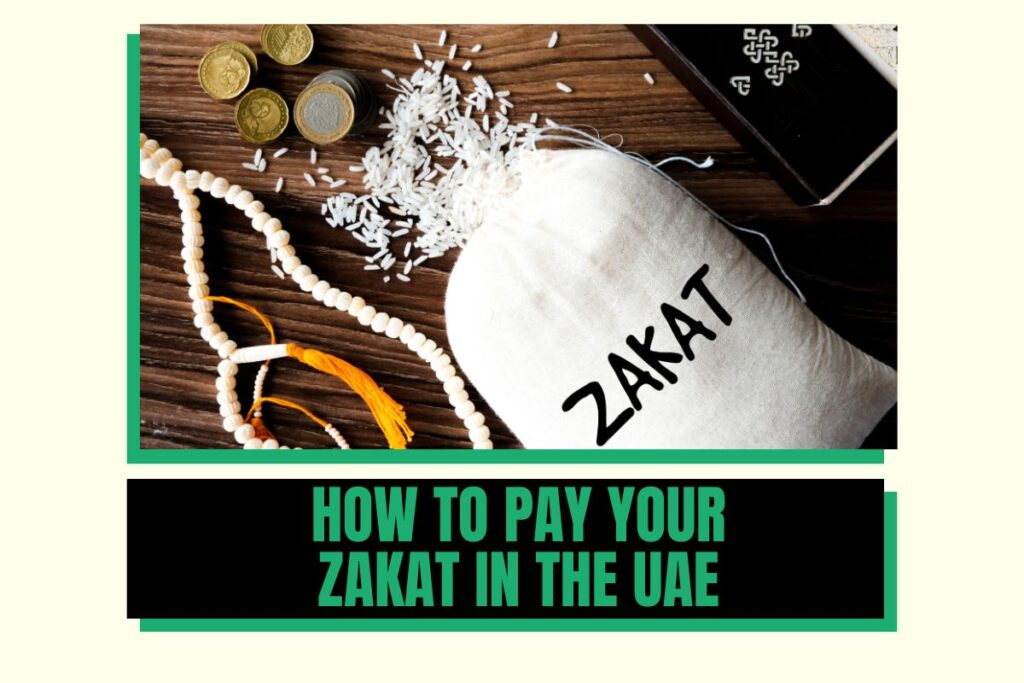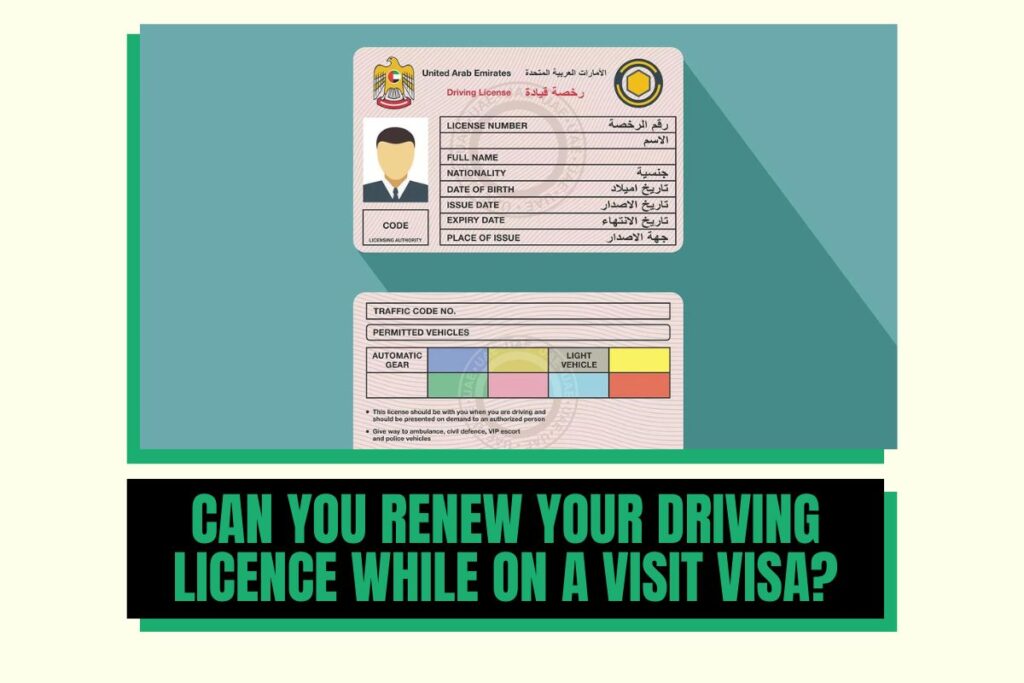Zakat, one of the Five Pillars of Islam, holds profound significance for Muslims worldwide. In the United Arab Emirates (UAE), where religious and cultural diversity thrive, the observance of Zakat stands as a deeply rooted tradition.
As the holy month of Ramadan approaches, Muslims are called upon to fulfill their Zakat obligations, contributing to the welfare of the less fortunate and fostering community solidarity.
In this guide, we explore the various methods available for UAE residents to fulfill their Zakat duties, ensuring a seamless and impactful contribution to society.
From traditional avenues to modern digital platforms, discover the diverse ways to pay Zakat in the UAE, empowering individuals to uphold this sacred practice with ease and sincerity.
Contents
Method 1: Pay Zakat Online via Zakat Fund (by Govt.)

To pay your Zakat online, follow these steps:
- Visit the Zakat Fund website: Zakat Fund Website
- Select “Donor Services” from the menu options.
- Click on “Pay Zakat.”
- Follow the instructions provided on the page to proceed with your Zakat payment.
- Complete the necessary details and payment process as directed.
By following these steps, you can easily fulfill your Zakat obligation online through the Zakat Fund website.
Method 2: Via WhatsApp Zaki Platform
Meet Zaki, your dedicated WhatsApp bot designed to streamline your Zakat payments online. With Zaki, you can effortlessly manage various Zakat-related tasks, including making payments, requesting assistance for Zakat calculations, and even facilitating disbursements to those entitled to receive it.
Here’s what Zaki can assist you with:
- Paying Zakat: Easily settle your Zakat dues with just a few clicks.
- Requesting to Pay Zakat: Initiate requests to contribute Zakat to major benefactors.
- Zakat Calculation: Obtain accurate Zakat calculations tailored to your financial circumstances.
- Requesting Zakat Disbursement: Facilitate the disbursement of Zakat to those in need.
To access Zaki’s services, simply send a “hi” message to 971 800 8222 on WhatsApp and embark on a seamless Zakat journey with ease.
Method 3: Use Dubai Now App

Another convenient method to pay your Zakat online is by utilizing the DubaiNow app, which offers a seamless process, especially for mobile users.
Here’s a step-by-step guide:
- Download and Install DubaiNow App: Visit your app store, download, and install the DubaiNow app on your mobile device. (Android App, iOS App )
- Sign In with UAE Pass: Upon opening the app, sign in using your UAE Pass credentials for authentication.
- Search for “Zakat”: Utilize the search bar within the app to search for “Zakat.”
- Access Zakat Services: Click on the relevant search result to access the Zakat services within the app.
- Calculate and Pay Zakat: Within the Zakat section, you can calculate your Zakat amount and proceed with the payment process.
- Payment Methods: DubaiNow app accepts payment via Debit and Credit Cards. Please note that foreign debit cards are currently not accepted. Ensure you use debit or credit cards issued by UAE banks for payment.
Method 4: In Person via Happiness Centre
Another convenient option for paying your Zakat is by visiting the Happiness Centre at the Zakat Fund Headquarters, located in the Al Mushrif Area, along Al Khaleej Al Arabi Street. Here, you can personally fulfill your Zakat obligation.
The Happiness Centre operates during the following hours:
- Monday to Thursday: 07:30 am to 03:30 pm
- Friday: 07:30 am to 12:00 pm
If you have any queries or require assistance, you can reach out to them at 8008222.
Zakat Percentage – How Much Zakat to Pay
Determining the correct Zakat amount to pay is crucial for Muslims fulfilling their religious duties. Typically, Zakat constitutes 2.5% of your total wealth amassed over the year. For instance, if your assets, after accounting for debts, amount to AED10,000, your Zakat obligation would be AED250.
What is Zakat Due On?
When assessing your wealth, consider various factors:
- Gold and Silver: Include the value of any gold and silver possessions you own.
- Cash and Bank Accounts: Account for money held in bank accounts or kept at home.
- Loans Granted: Take into consideration loans you’ve provided to others.
- Investments: Evaluate the value of pensions, stocks, shares, and other investments.
- Property Investments: Include property owned for investment purposes (excluding your primary residence).
- Agricultural Holdings: Consider farm produce and agricultural assets.
To facilitate this process, tools like Muslim Aid’s Zakat calculator can help compute your total wealth and Zakat amount accurately. Remember to deduct any outstanding debts, including loans, as they are not eligible for Zakat. With a clear understanding of your financial standing, fulfilling your Zakat obligation becomes a straightforward and meaningful practice.
Zakat on Cash and Bank Balances
Zakat should be paid at 2.5% on all cash balance and bank balances in your savings, current or FD accounts. The amount technically should be in the bank for one year. Usually it happens that the balance keeps on changing as per personal requirements.
Zakat Guidelines for Various Assets
Calculating Zakat on Pure Gold and Gold Jewellery:
Zakat is computed at 2.5% of the market value, assessed on the date of valuation (based on the Lunar calendar). Most scholars recommend using the prevailing market value at the time of calculation rather than the purchase price.
Determining Zakat on Precious and Semi-Precious Stones:
For stones bought for commercial purposes, Zakat is based on their market value. The saleable value of items-at-hand is considered during Zakat calculation.
Assessing Zakat on Silver:
Zakat applies to silver in its pure form, jewellery, utensils, decorative items, and household items made of silver. The rate is 2.5% of the prevailing market rates.
Handling Zakat on Cash and Bank Balances:
Zakat is due at 2.5% on all cash and bank balances in savings, current, or fixed deposit accounts. It should ideally be in the bank for a year, but if balances fluctuate due to personal needs, calculate Zakat on the remaining amount on the day of calculation.
Addressing Zakat on Loans Given, Funds, etc:
Zakat includes loans given to friends and relatives, treated as cash in hand. Deduct loans payable to determine the net present value of wealth. Pay attention to government bonds, Takaful policies, and other investments, but consult Sharia guidelines for clarity.
Understanding Zakat on Landed Property:
Zakat is not applicable to personal residential houses or properties rented out. However, if the intent is to sell for profit or investment, Zakat is due on the property’s market value.
Disclaimer:
While this Zakah Calculator is provided for convenience, it’s recommended to seek a Sharia Scholar’s review for accuracy and compliance.


![Company Revoke Job Offer Before Joining? [Solution]](https://magicaluae.com/wp-content/uploads/2024/02/Revoke-Job-Offer-Before-Joining-1024x683.jpg)


